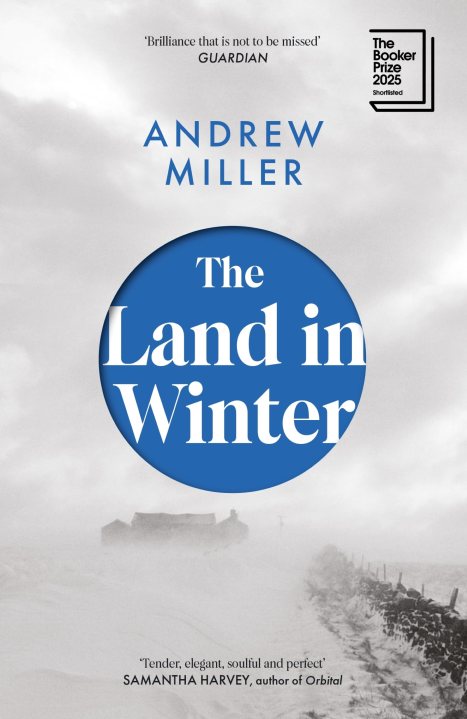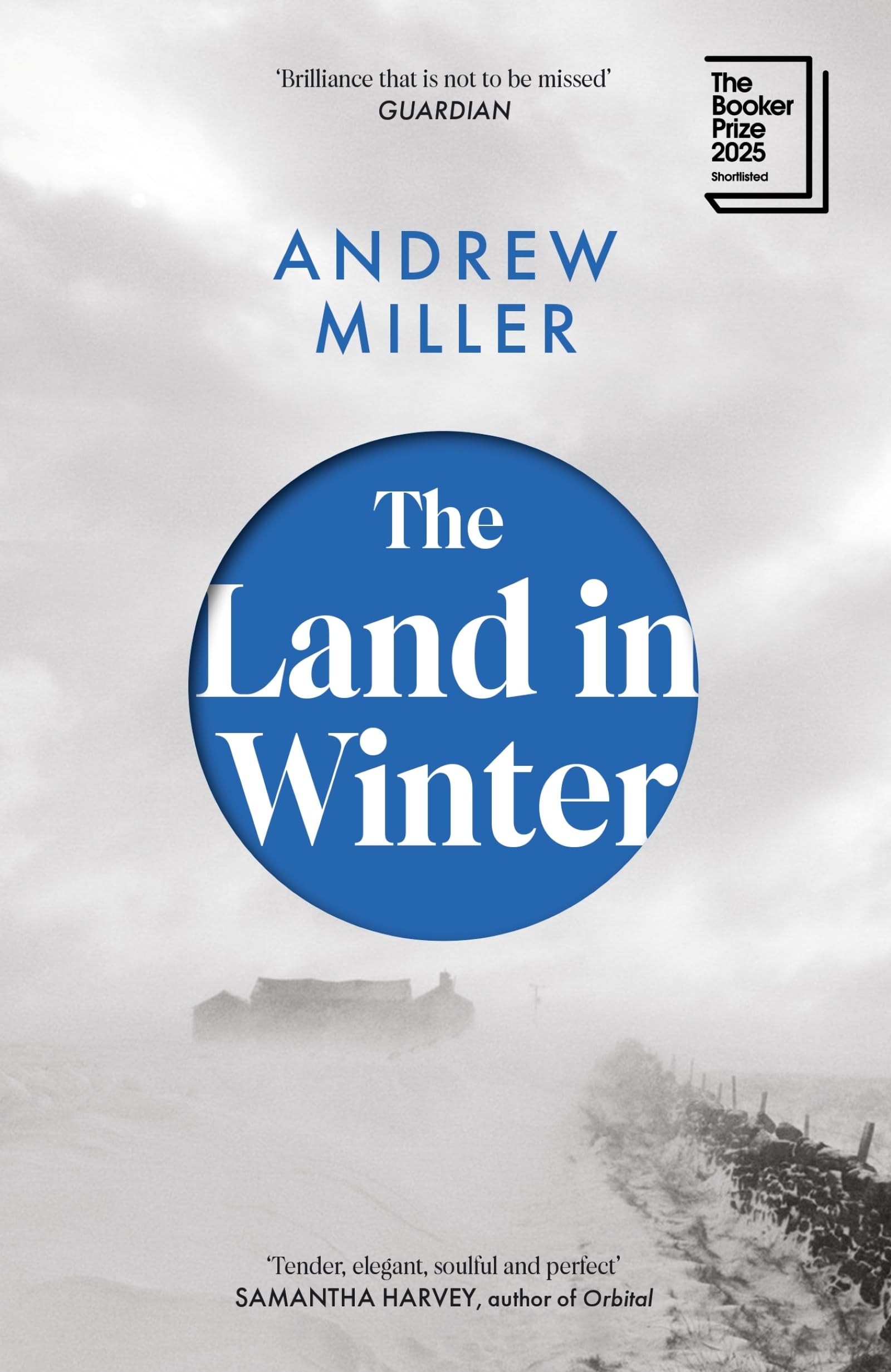The winner of this year’s Booker Prize will be announced tonight. Of the six shortlisted novels, Andrew Miller’s The Land in Winter looks like a good bet for the £50,000 award. It might even be a contender for best Booker novel ever. The prize’s judges have been known to make strange calls – and always bet responsibly! – but the odds on Miller are good.
The story takes place against the backdrop of snowbound Britain’s ‘Big Freeze’ between December 1962 and February 1963. ‘For a mile from the Kent coast,’ Miller writes, ‘the sea had turned to pack ice.’ This was the time of Beeching, Babycham, Benny Hill, Acker Bilk, Dr Kildare, the Daily Herald, the Kray twins, London smog, shillings in the meter, the H-bomb and flying saucers. Everyone smokes, including the doctors who also, crucially for this absorbing story, make house calls. The hardships and the Holocaust horrors of the second world war still loom large.
There are plenty of intriguing minor characters, but the novel focuses on the lives of two youngish couples in rural Somerset as they try to make a go of early married life. Eric Parry is one of the village GPs. His wife, Irene, alone and bored for most of the day in their warm, centrally heated cottage, bonds with former showgirl Rita who lives just across the field in a cold, rundown farmhouse with her husband Bill, who’s discovering how difficult dairy farming is. Neither family has children, but both women are pregnant.
In fascinating detail, Miller shows us the surface of the two couples’ everyday lives: their jobs, their lists of things to do, the cups of tea, Woodbines, magazines and paperbacks. He describes their days ‘when the fog ebbing out and the fog flooding in met at teatime and the day was stifled, a fire that would not catch’. The dialogue – what’s said and what isn’t – is masterly: the conversation, for instance, between Irene and Eric when he comes home after a difficult day; or the scene in a railway carriage when an increasingly desperate Irene suddenly blurts out to her four fellow passengers (all men) that she’s pregnant. ‘After a few seconds, the man beside her (one half-turn of the bowler hat) said, “Consider us informed.”’
The final pages of this novel are astonishing and shocking, but also deeply satisfying
As well as showing us what these two families do and say, Miller renders their inner lives with uncommon depth and precision, taking us into each character’s private, complex world and charting their secrets, memories, quiet desperation, hopes and fears. Here’s Rita’s sudden sense of foreboding as she passes through the orchard gate: ‘This, she thought, was the gate that Death would enter by.’ And Irene’s realisation at the dramatic denouement: ‘I will dream of this for ever, she thought, I will never not see this.’ We soon come to know each of the four characters far better than their spouses do – far better, indeed, than we can know most people in our own lives.
Hilary Mantel has described Miller’s writing as ‘a source of wonder and delight’. His use of language is direct but unexpected: ‘Outside, the cold examined her immediately. She started to walk… her breath in rags over her shoulder.’ An awkward telephone conversation between the doctor and his father-in-law ends ‘with a series of hesitations, each man laying down his silence like a hand of cards.’ Descriptions are brief and vivid: ‘The ash tree was a frozen fountain… the snow lay in subtle undulations, each with its deepening blue shadow. The cold descended and the land tightened.’
When things happen – and they do happen – they come out of nowhere with life’s own suddenness and send you reeling. The final pages of this novel are astonishing and shocking, but also deeply satisfying. As you close the covers and step back into your own day, the story’s full meaning settles. Its wisdom and tenderness leaving you quietly heartened and perhaps a touch gentler.








Comments